- Tim Cook explains what he uses his Apple Vision Pro for
- Apple would face legal problems for violating competition rules
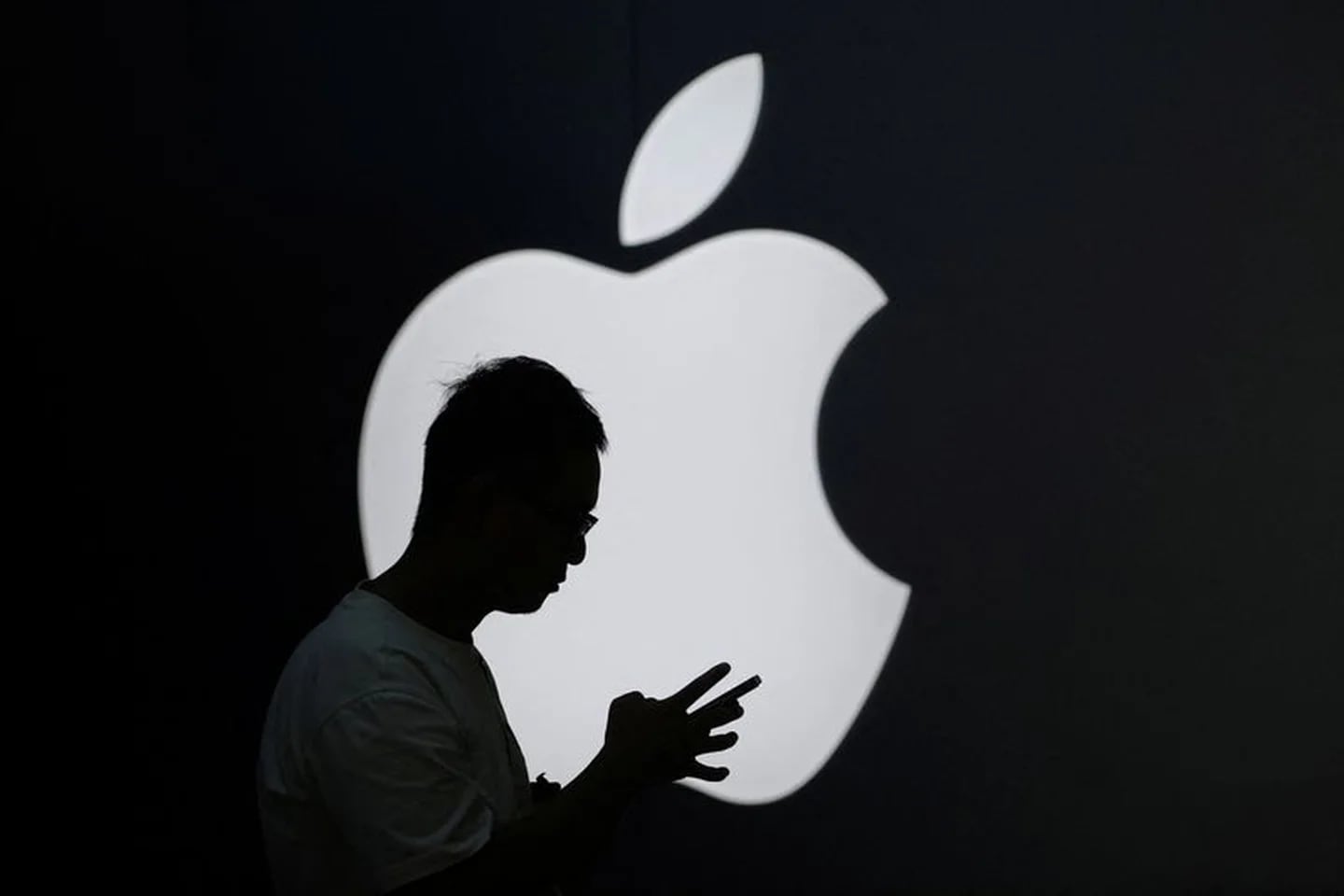
The launch of the iPhone 16 has generated expectations among users because the device’s cameras could integrate seamlessly with the mixed reality glasses, Vision Pro.
On the other hand, Tim Cook’s plans with Apple Intelligence were the talk of the town at the 2024 Worldwide Developers Conference but its implementation would face some challenges. The digital markets law could limit the implementation of this artificial intelligence platform in European territory.
Here’s a compilation of everything new that is known about the iPhone 16, the challenges of Apple Intelligence, the possible implementation of the M4 chip in Mac, and even a new theory from Reddit about why Apple no longer names its products with an “i” at the beginning.
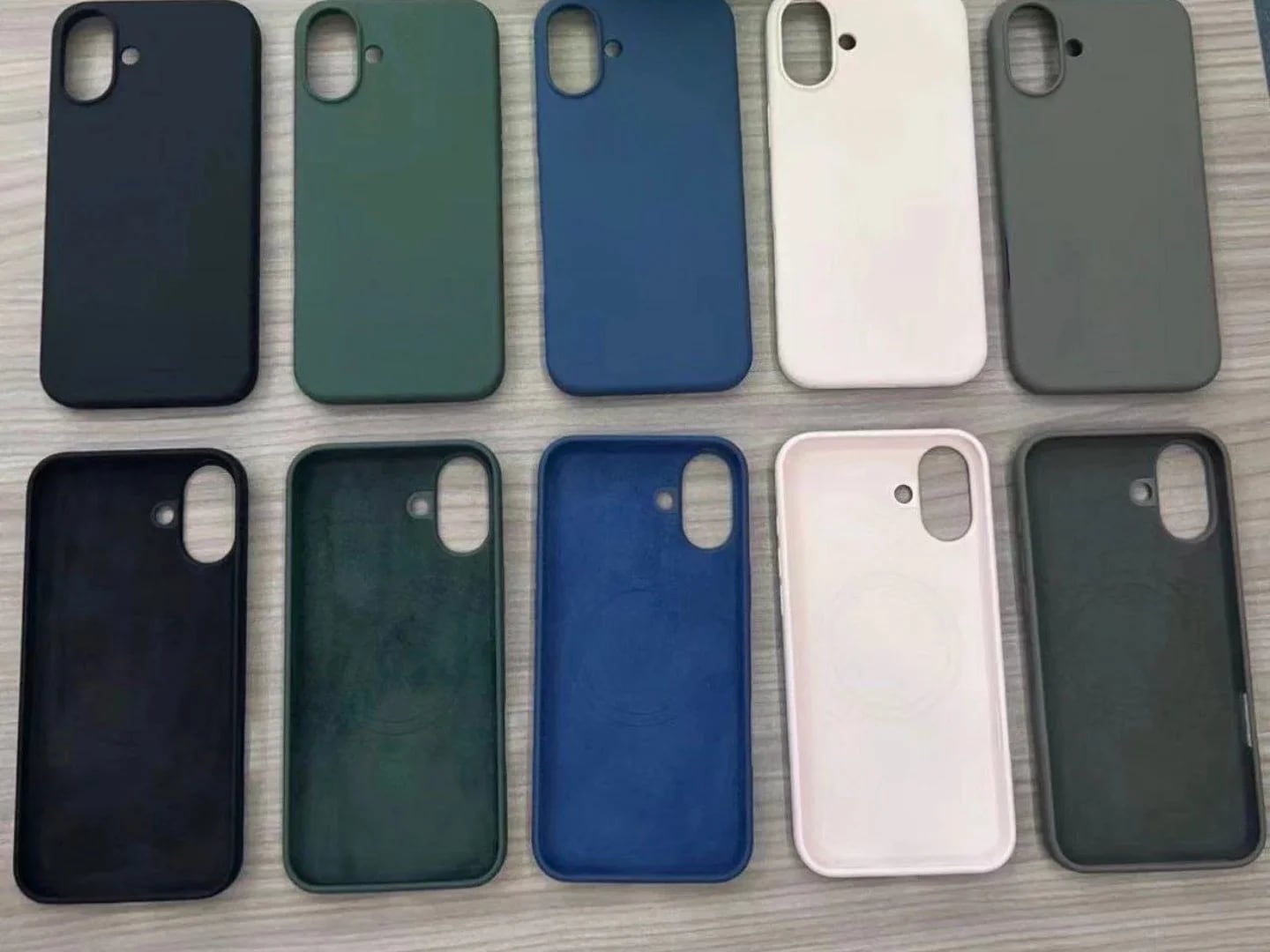
What the next iPhone 16 would look like
The renowned Apple leaker, Majin Bu, shared in X images of some possible iPhone 16 cases, where a subtly renewed design with two vertically aligned camera lenses was shown. It isspeculated that this provision is to enable spatial video recording with Apple’s Vision Pro mixed reality glasses.
In addition, the cases would confirm an action button instead of the traditional mute switch. Such a button would be touch-sensitive for quick access to capture and zoom functions.
Which iPhones can use Apple Intelligence
Apple Intelligence is a set of functions based on artificial intelligence that will soon be available on the devices of the company led by Tim Cook.
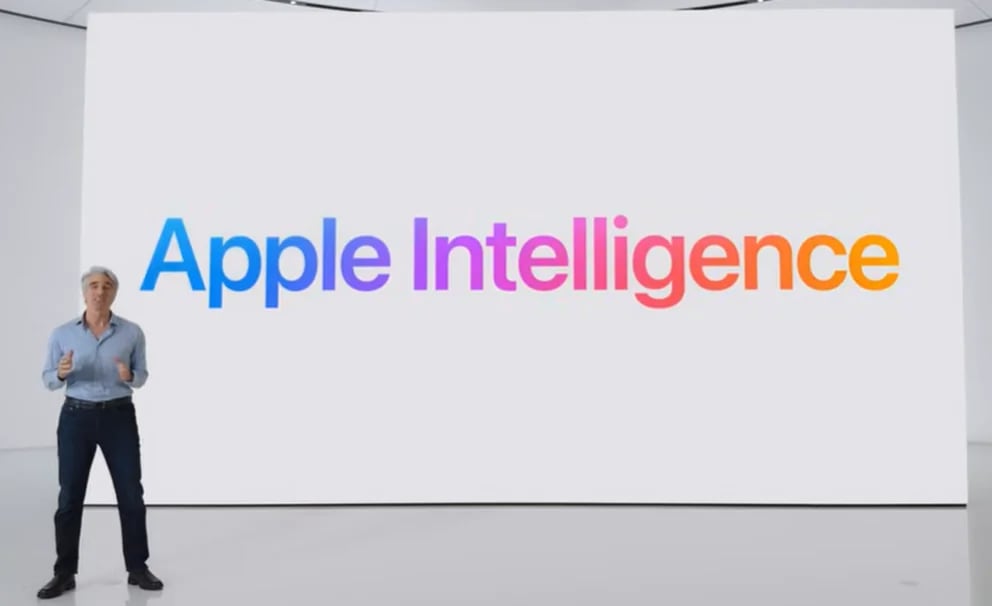
On John Gruber’s ‘Talk Show Live From WWDC’, John Giannandrea, Apple’s Senior Vice President of Machine Learning and AI Strategy, revealed that this artificial intelligence platform will be limited to iPhone 15 Pro, 15 Pro Max and later models.
Apple Intelligence in Europe
According to statements to the Financial Times, an Apple representative explained why Apple Intelligence will not be fully launched in the European Union (EU). The reason for this lies in the DMA’s interactions with iOS and iPadOS.
The European Union’s Digital Markets Act (DMA) is a law that regulates the operations of digital platforms in the EU and/or the European Economic Area (EEA).
Arrival of the M4 chip in Mac computers
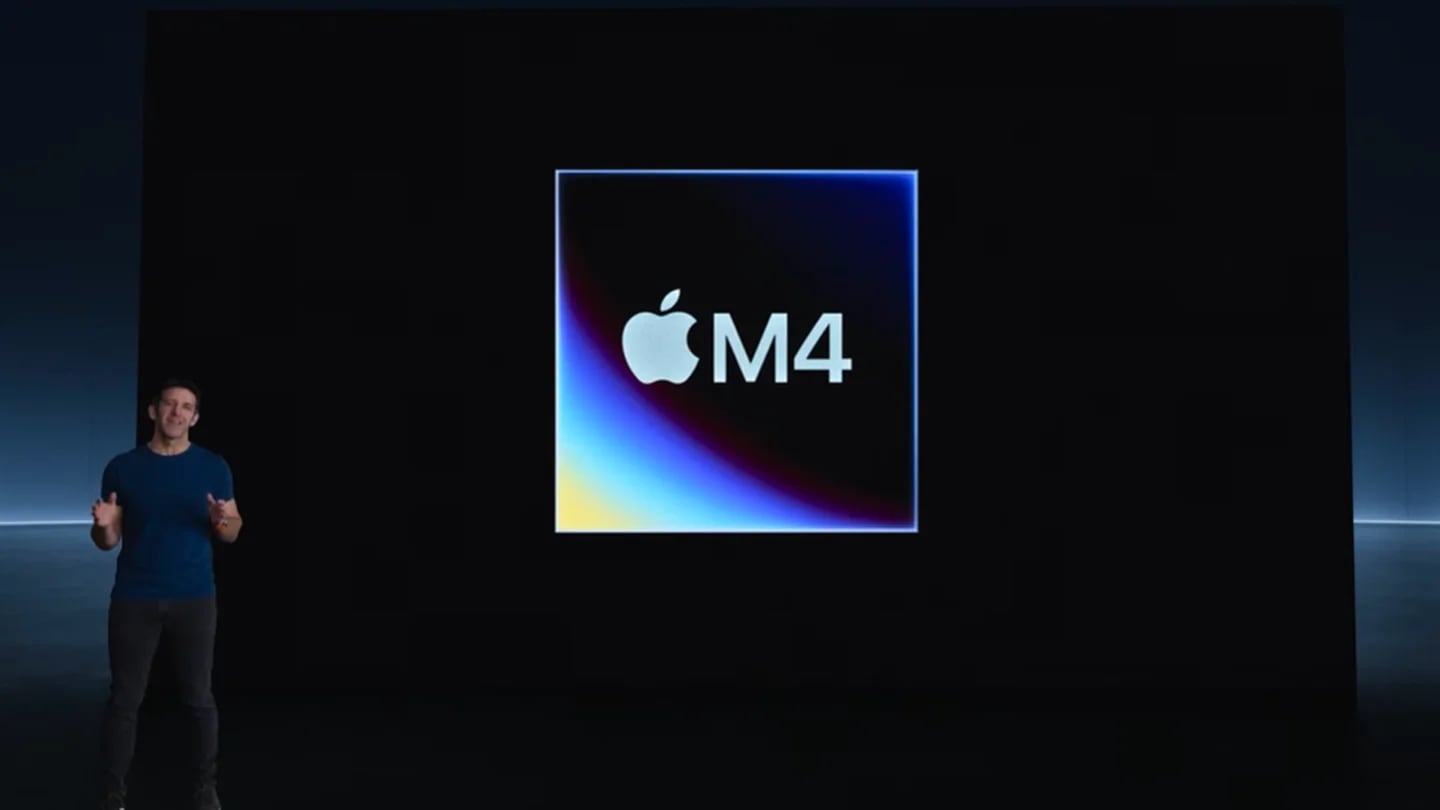
Bloomberg offered more details on the launch of Apple’s M4 chipset for the entire Mac family. The MacBook Pro line is reportedly expected to be the first to adopt the M4 on Mac hardware by the end of 2024. However, the MacBook Air won’t receive the upgrade to the M4 until spring 2025.
These chips are part of Apple’s transition to ARM-based processor architecture, similar to those used in its iPhones and iPads. The M1, M1 Pro and M1 Max chips have already been released for MacBooks and newer Macs.
Open source artificial intelligence
Although Apple has yet to release any of its Apple Intelligence AI artificial intelligence programs to the public, some of its efforts in artificial intelligence are already available.
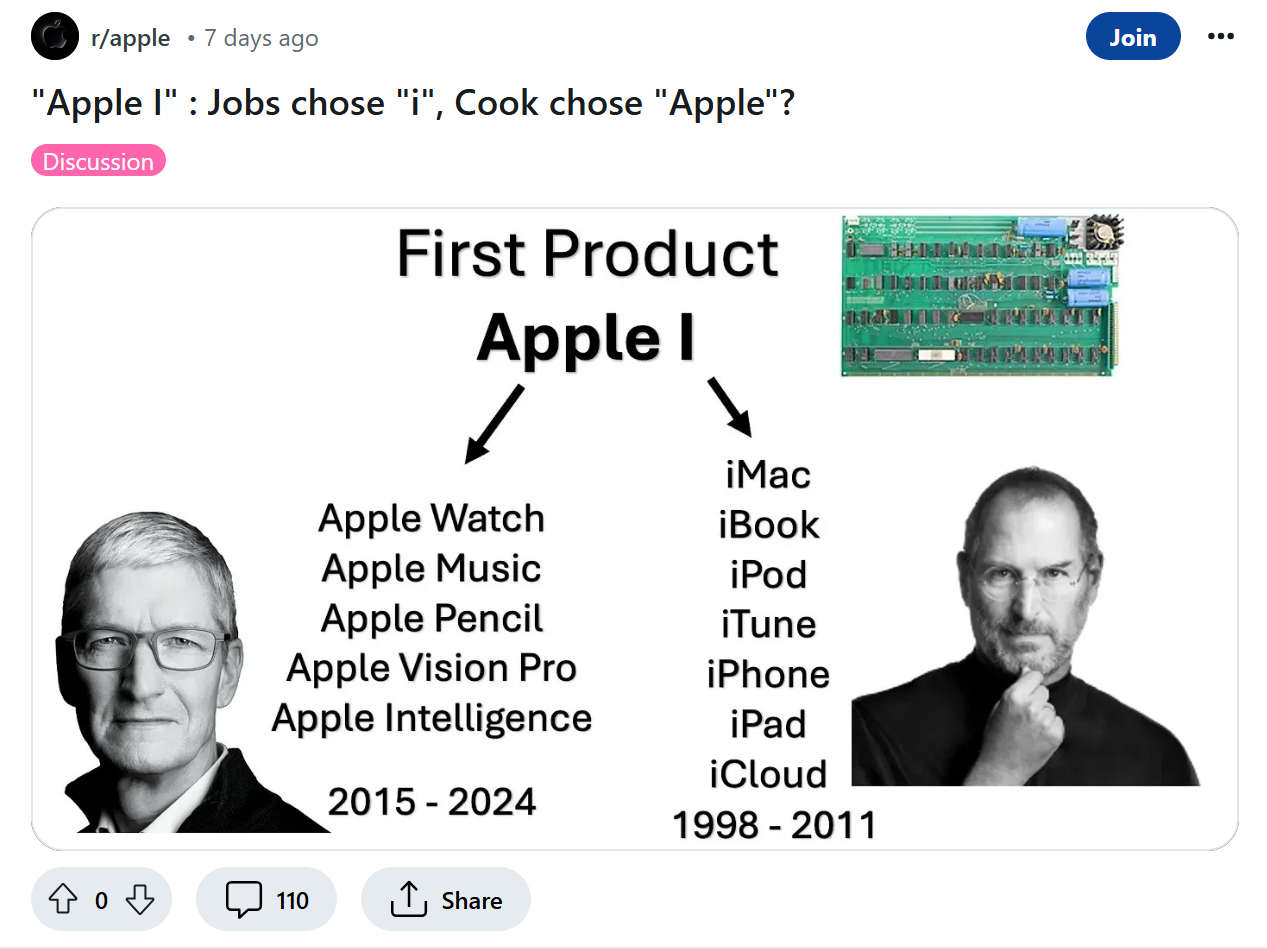
Venture Beat reports that Hugging Face, an open-source online service that provides machine learning models and datasets, has been used by Apple, which has uploaded 20 other models to the service.
The reason why Apple would be renaming its products
Previously, products released by Apple used to start with the letter “i”, like the iPhone. However, a trend has recently emerged where new products start with “Apple”, as is the case with the Apple Vision Pro.
A discussion on Reddit states that “using Apple in the name is a marketing strategy to ensure brand recognition.”
“There were other products that used ‘iloquesea’ as well, and I guess that was partly a concern because more casual consumers would think that because there’s an ‘i’ in a product’s name, it would be an Apple product. By calling it “Apple whatever”, no one gets confused,” said one user.

Comments